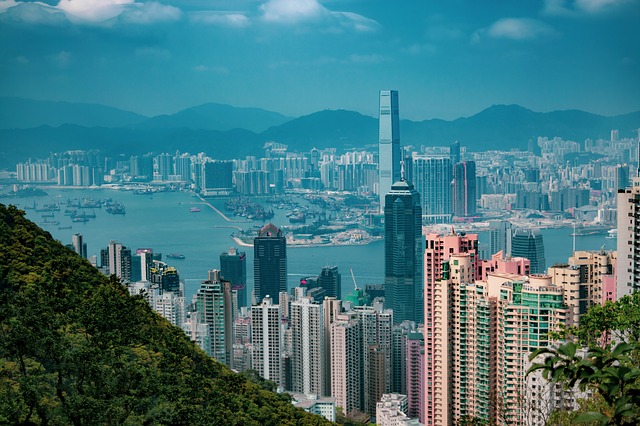Descripción de la tarea

Paco visits the Hong Kong tourist information office to get some recommendations about what to do and visit in the city. There he comes across with a leaflet with some recommendations about things one shouldn't do in Hong Kong.
1. Read a text about what you shouldn't do if you visit Hong Kong.
8 Things Not to Do In Hong Kong With its neon lights, towering skyscrapers, bustling street markets and extreme population density, Hong Kong can be an overwhelming place. On one hand, the city offers a unique culture, excellent cuisine and world-class attractions. On the other hand, its intense pace, crowds, smells and contrasts can be dizzying to a visitor. There are plenty of websites out there telling you what to see and do in Hong Kong. However, to experience the city at its fullest, you’ll also need to know what to avoid. Here’s a list of things NOT to do in Hong Kong. 1. Don’t Choose the Cheapest Place to Stay 2. Don’t Spit 3. Don’t Be Squeamish 4. Don’t Overpay at Street Markets 5. Don’t Underestimate the Summer Heat 6. Don’t Take Taxis 7. Don’t Underestimate the Language Barrier 8. Don’t Neglect the Rest of Hong Kong |
a
a
a. Complete the recommendations the assistant gives Paco using the information from the text above. Complete the gaps with the correct tenses for conditionals I and II.
a
a. If you __________ (want) to live the city at its fullest, you ____________ (have)to avoid some situations. (I)
b. If you _________ (book) a hotel room, you __________ (spend) a little more money and find a safe and comfortable hotel. (II)
c. If you ________ (see) someone spitting in the street, you __________ (not be) surprised, it's a usual habit in this culture.(II)
d. If you _________ (go) to a local market, merchants __________ (push) the prizes up for tourists. (I)
e. If you _________ (want) to buy cheaper, you __________ (haggle) to get a fair price. (II)
f. If you ____________ (want) to get around the city, the Mass transit Railway __________ (be) your best choice. (II)
g. If you __________ (take) a taxi, it __________ (cost) you a fortune. (I)
h. If you ___________ (ask) anyone for directions, younger people __________ (help) you in English. (II)
i. If you _________ (go) to the New Territories, you ___________ (find)traditional walled towns. (II)
a
a
b. Despite those recommendations, Paco had some problems during his stay in Hong Kong. He took taxis all around the city, he couldn't huggle at street markets, he didn't wore comfortable summer clothes and he went sightseeing at the hottest hours. Besides that, he couldn't visit the traditional little villages around the city and he couldn't find anyone who could speak English. His stay was definitely a bit of a disaster. At the end of his holidays, he wrote his friends a letter, telling some of his mishaps and regretting some of the things he did wrong.
Complete some of the comments he did. Use Type III conditionals.
a
a. If I had paid a little more for a hotel room, I ______________________________________
b. If I had wore lighter clothes, I _________________________________________________
c. If I had known how to huggle, I ________________________________________________
d. If I had taken the railway instead of a taxi, I ______________________________________
e. If I had learnt some Cantonese, I________________________________________________
f. If I had gone to the parks and mountains, I ________________________________________
a
a
2. Can you think of some tips for visitors in your country? Think of some recommendations, tourists should follow if they wanted to enjoy their holidays at its fullest and design a leaflet with those do's and don'ts. Use conditional sentences Type I and II. To accomplish this task you will use the digital tool simplebooklet. You can also do a powerpoint presentation if you wish.

Para entregar la tarea, tendrás que completar esta plantilla . Después, envíala al profesor para su corrección.
